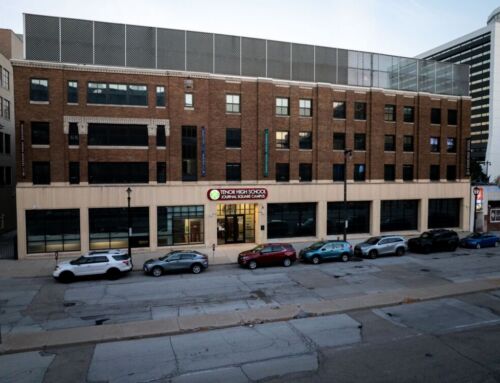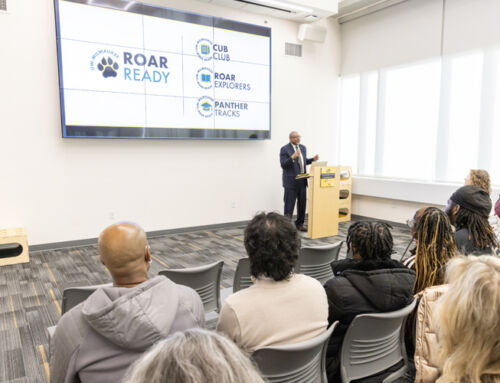|
Dear Readers, Recent months have been marked by meaningful progress and high activity for MMAC’s governmental affairs team! From advocating for an amendment to the Clean Air Act to important conversations around education, we are working hard to ensure that state and federal legislative decisions align with the needs of the region. If you would like to learn more about MMAC’s advocacy efforts, please visit our advocacy page. Federal judge halts EPA nonattainment enforcement MMAC’s leading priority this year has been addressing the U.S. Environmental Protection Agency’s (EPA) decision to classify southeastern Wisconsin as a serious nonattainment zone under the Clean Air Act. The pollution driving this designation originates from Illinois and Indiana, yet under the new classification, the burden would fall on Milwaukee-area businesses. In September, a federal judge halted enforcement of these requirements while litigation continues — a significant win for our region. Following the ruling, MMAC President Dale Kooyenga and VP of Governmental Affairs Andrew Davis met with the EPA Region 5 Administrator and a Wisconsin DNR representative to advocate for both immediate and long-term solutions. The legal action allowed the EPA to update the court, and its recent filing affirmed the pause — highlighting growing recognition of our region’s concerns and the impact of MMAC’s strong coalition and sustained advocacy. Advancing education talent solutions MMAC recently testified in support of Assembly Bill 420, which would allow aspiring teachers to count approved summer-school teaching toward their student-teaching requirement. Wisconsin faces an urgent shortage. During 2021-22, more than 5,000 students completed teacher-prep programs, yet only about 3,400 entered Wisconsin classrooms that year. The state expects roughly 6,000 teacher openings each year over the next decade. This practical reform helps remove barriers that delay new teachers from entering classrooms and makes it easier for candidates—especially non-traditional students—to complete their training. By advocating for this change, MMAC is working to strengthen the region’s talent pipeline and help expedite students’ access to qualified educators. Have m |

 ore questions? Contact
ore questions? Contact 


